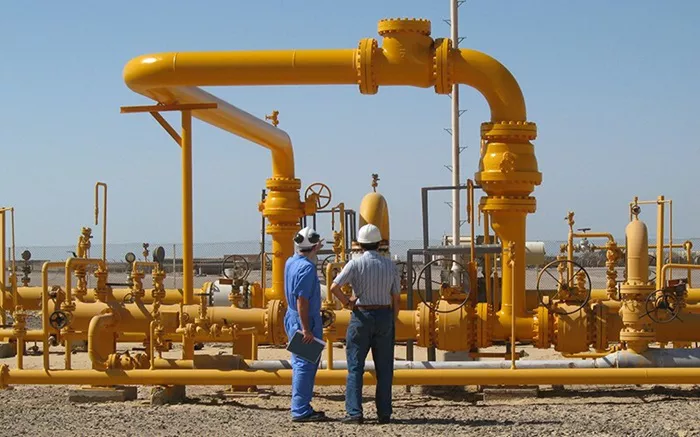Egypt has activated a comprehensive emergency energy plan to address the sharp imbalance between limited fuel supplies and soaring domestic demand. The move follows Israel’s suspension of operations at its largest offshore gas fields amid escalating conflict with Iran, which has cut off crucial Israeli gas imports to Cairo.
The Egyptian Ministry of Petroleum and Mineral Resources announced the plan days ago, with full implementation underway as of Tuesday. Central to the strategy is the immediate halt of gas deliveries to several industrial sectors. To stabilize the national power grid during the summer peak, Egypt is increasingly relying on lower-quality heavy fuels such as mazut and diesel to maintain electricity generation, Reuters reports.
This energy crisis was triggered when Israel shut down its Leviathan and Karish gas fields following Iranian missile attacks. Prior to this, Egypt imported nearly one billion cubic feet per day of Israeli gas, vital for both power production and industrial raw materials. On Tuesday morning, Israeli authorities reported the closure of their largest oil refinery, Bazan, located at Haifa Port, due to missile damage. The shutdown included all refinery operations.
According to a filing to the Tel Aviv Stock Exchange cited by Israeli media, “The power station responsible for steam and electricity production at the refinery sustained significant damage, resulting in the suspension of all refinery and subsidiary facilities.”
The industrial impact was immediate. Fertilizer manufacturers have halted production amid feedstock shortages, while the Egyptian government is urgently arranging emergency imports of up to one million tonnes of fuel oil, expected to begin in August.
In a related development, Egypt has issued LNG tenders as part of a broader effort to restore its position as a long-term natural gas exporter rather than importer. Last week, state-owned Egyptian Natural Gas Holding Co. (EGAS) secured agreements for approximately 290 LNG cargoes over the next two and a half years, starting next month, from major suppliers including Saudi Aramco, Shell Plc, and Trafigura.
However, the financial burden of these measures poses significant challenges. With foreign reserves already under pressure, soaring spot LNG prices and high fuel oil premiums threaten to create a serious deficit in Egypt’s energy budget.


